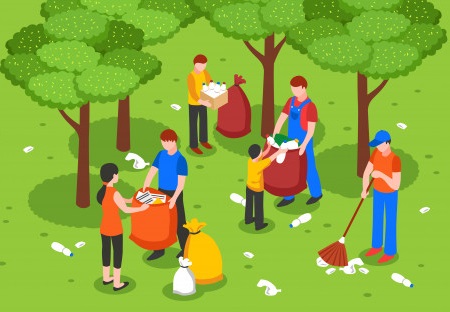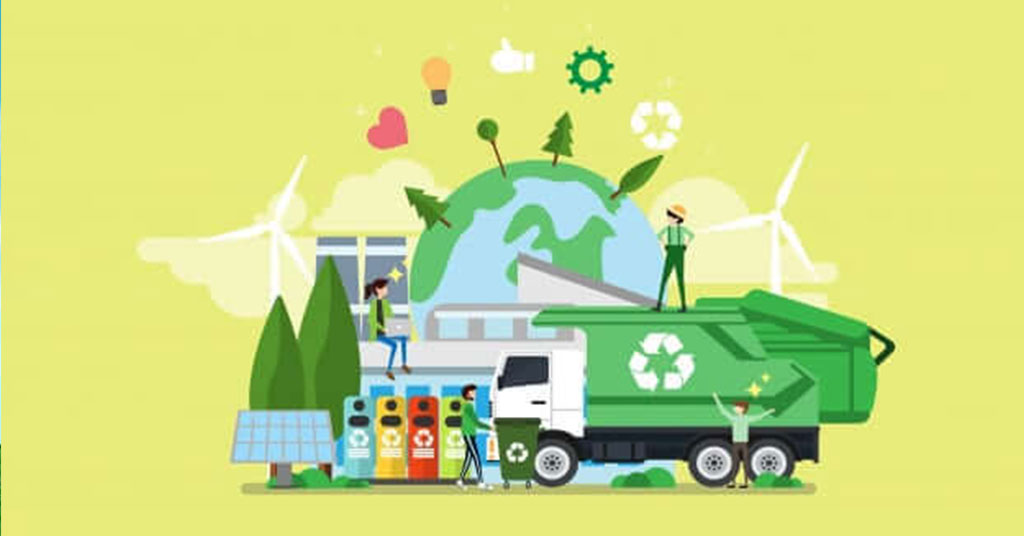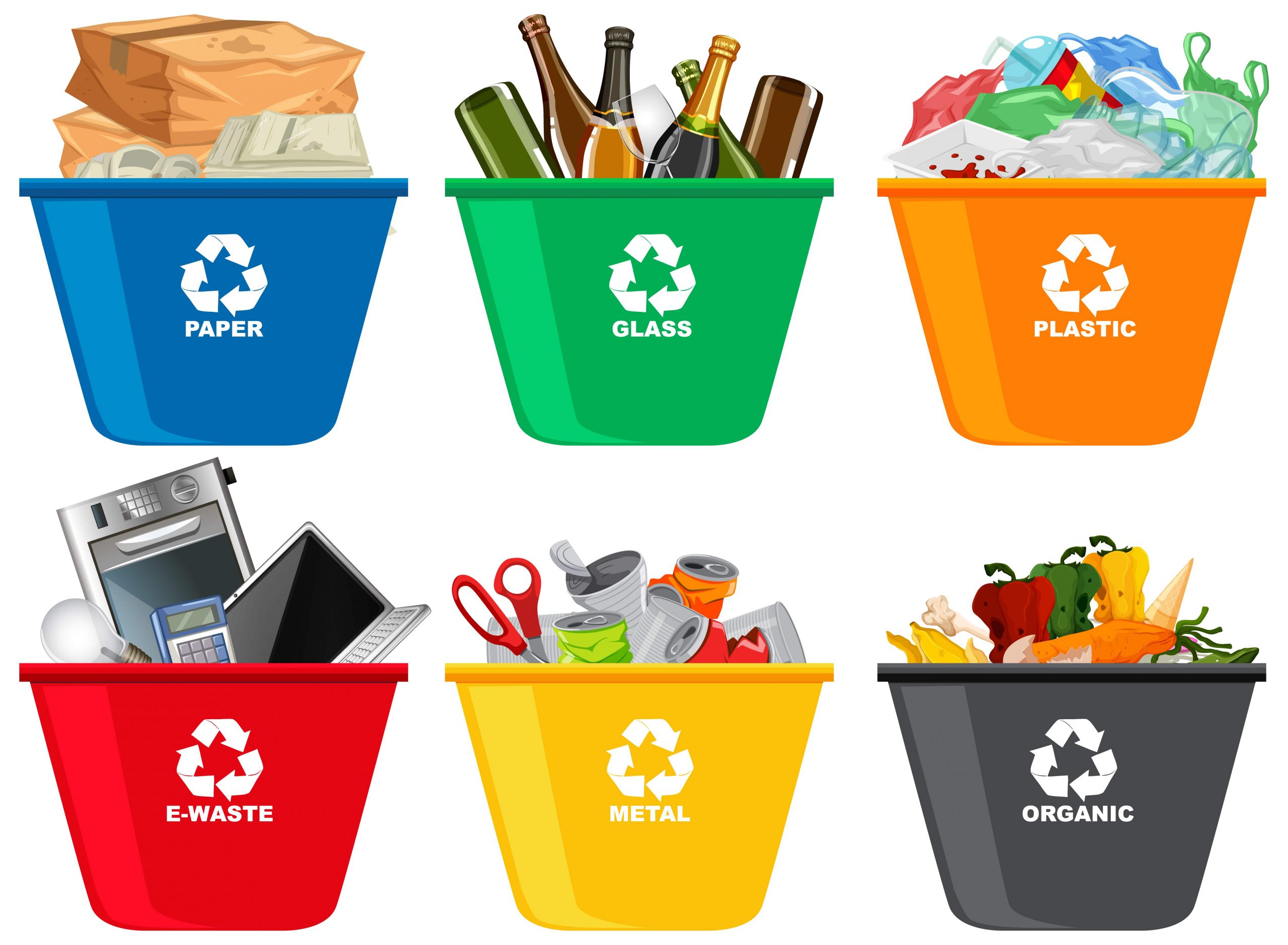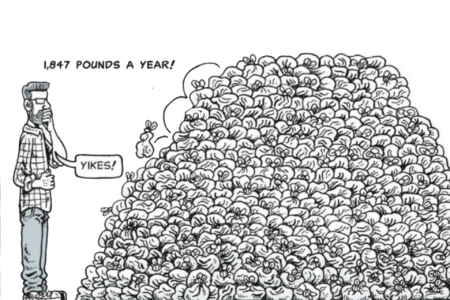
Introduction
This article explores the impact of culture and tradition on waste management practices and emphasizes the importance of understanding this topic.
Historical Background
Throughout history, various cultures and traditions have developed unique waste practices. For instance, ancient civilizations practiced recycling and composting long before modern waste management systems were established. Cultural and traditional beliefs have significantly influenced waste management approaches over time.
Key Concepts and Definitions
To delve into this topic, it is crucial to define culture and tradition in the context of waste practices. Additionally, understanding the concept of waste management and its different components is essential. Furthermore, cultural and traditional norms play a significant role in shaping waste practices.

Main Discussion Points
Impact of Cultural and Traditional Beliefs on Waste Practices
Cultural beliefs and values greatly impact waste generation and disposal. Some cultures prioritize waste reduction, while others emphasize proper waste disposal. Additionally, traditions related to waste handling, recycling, and reuse have a significant influence on waste practices.
Cultural and Traditional Practices in Waste Management Systems
Analyzing traditional waste management systems, such as communal recycling or composting, provides insights into how cultural practices shape waste management. Cultural norms are crucial in determining waste management policies and infrastructure.
Cultural and Traditional Attitudes towards Waste
Cultural perceptions of waste as either a resource or a burden greatly influence waste practices. Some cultures consider waste as an opportunity for resource recovery, while others perceive it as a burden to be eliminated. Cultural attitudes can either promote or hinder sustainable waste practices.

Case Studies or Examples
Examining real-world examples from different regions or communities highlights the influence of culture and tradition on waste practices. By analyzing specific case studies, we can gain a deeper understanding of how cultural and traditional factors shape waste management approaches.
Current Trends or Developments
Recent research findings shed light on the influence of culture and tradition on waste practices. Additionally, emerging trends and initiatives aim to integrate cultural considerations into waste management strategies. These developments indicate a growing recognition of the importance of cultural factors in waste practices.
Challenges or Controversies
Integrating cultural and traditional practices into modern waste management systems presents challenges and controversies. Differing viewpoints on the effectiveness and feasibility of incorporating cultural norms highlight the complexity of this issue. Addressing these challenges is crucial for developing inclusive and sustainable waste management practices.

Future Outlook
Considering the potential future implications of cultural and traditional influence on waste practices is essential. By understanding these influences, policymakers and practitioners can develop more effective waste management policies and practices. Integrating cultural considerations into waste management strategies is a promising direction for the future.
Conclusion
Culture and tradition have a significant influence on waste practices. Understanding and addressing this influence is crucial for developing sustainable waste management approaches. By recognizing the significance of cultural and traditional factors, we can create more inclusive and effective waste management systems.




